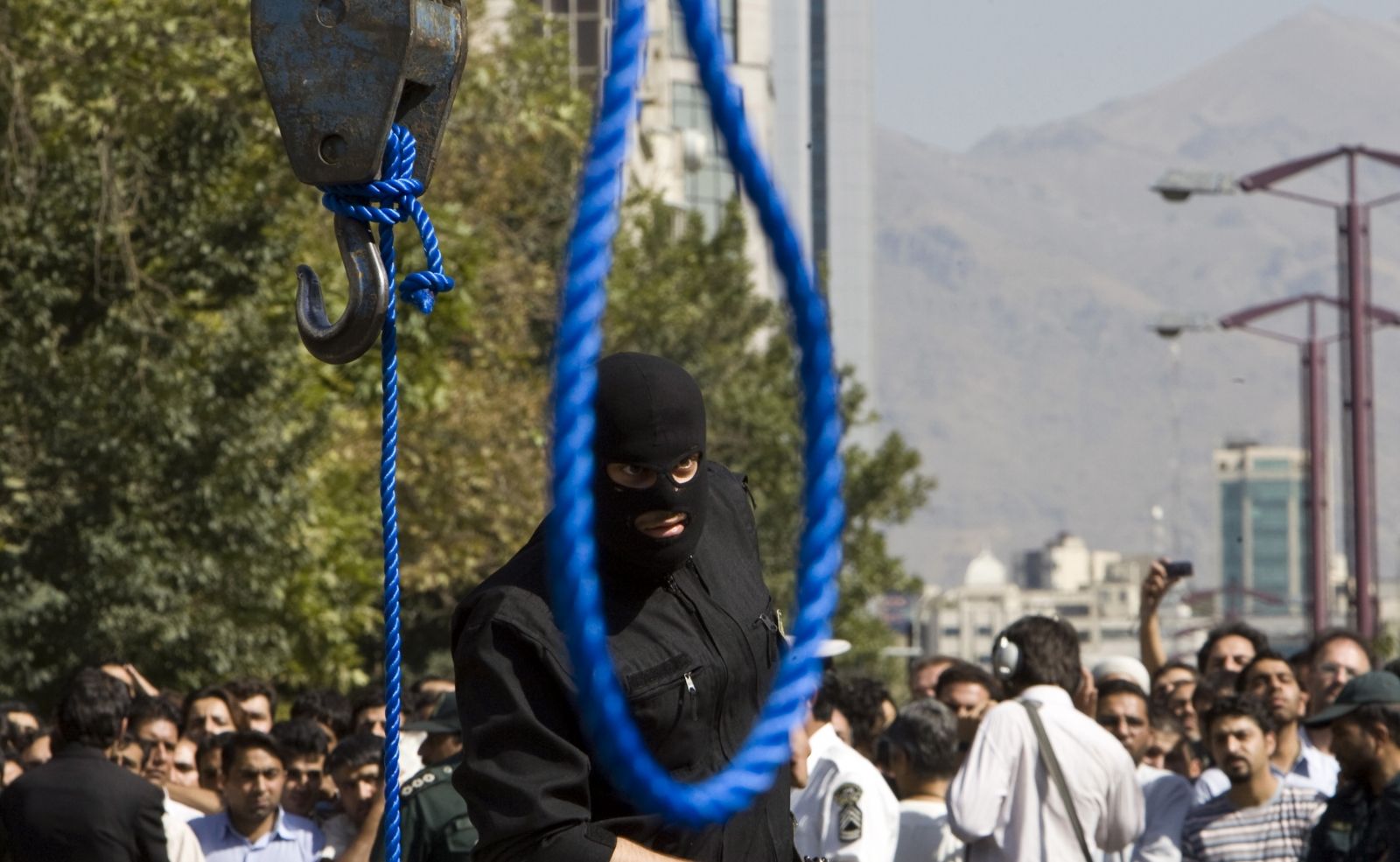Death penalty for “illegal” use of the internet: Tehran's “espionage” law
President Masoud Pezeshkian has signed the law, which has already come into force. For its promoters, it is a response to the leaks of confidential information during the “12-day war” with Israel (and the United States). Critics respond that the government has only targeted ordinary people, without punishing senior officials or those responsible. In the background is the serious economic crisis the country is going through.
Tehran (AsiaNews) - Isolated from the international community and marginalised in discussions on the Middle East, particularly the truce in Gaza, Iran is seeing an escalation in executions and a crescendo of repressive laws, some of which are linked to the ‘12-day war’ with Israel in June.
The latest is the one approved by Parliament and countersigned last week by President Masoud Pezeshkian, described by activists and experts as ‘one of the most comprehensive espionage laws in the country's history’. Under this law, citizens even risk the death penalty ‘for minor offences such as owning satellite Internet devices or sharing images on social media’.
Called the “Law on Intensifying Punishments for Espionage and Cooperation with the Zionist Regime and Hostile Countries”, the law came into force with immediate effect and is likely to contribute to the already particularly high number of capital punishments. The timing of its approval is also worrying: two weeks before the president signed it, UN human rights experts reported more than a thousand executions in the first nine months of 2025, with an average of more than nine hangings per day in recent weeks.
Instead of listening to the concerns of the international community, the Iranian Parliament responded by passing a law that, according to legal experts, violates the Constitution, Islamic law (sharia) and international human rights treaties to which Tehran is a signatory. Experts speak of a “legislative explosion” with abuse in the extension and use of laws such as “Corruption on Earth” for which the death penalty applies.
Such extensive recourse, says Hossein Raisi, professor of human rights law at Carleton University, is something that “society cannot tolerate nor has the capacity to deal with”. ‘Especially since such charges,’ he continues, ‘must be tried by the Revolutionary Court, a court that does not respect any principles of fair trial.’
Critics point out that the government has only hanged young people without public profiles or online platforms on the new charges of espionage, and that no senior official has been held accountable for the intelligence failures that the law seeks to punish.
This is even more true in relation to the war with Israel. Nevertheless, Ebrahim Azizi, chairman of the Majles National Security and Foreign Policy Committee, said it was necessary after the conflict with Israel and the US, which revealed the ‘cooperation of some internal elements that damaged public security’.
Article 3 of the new law defines an extensive list of capital offences which, according to experts, has little in common with traditional espionage laws. The death penalty now applies to anyone involved in the production, assembly, supply, transfer, transport, storage or import of various items or in the conduct of activities that could be interpreted as related to espionage or related actions. Weapons-related offences are punishable by death, including chemical, biological or nuclear weapons.
However, the law goes far beyond conventional military equipment: even the possession or distribution of small drones or quadcopters with potential military, espionage or disruption applications is now punishable by death.
Cyber activities constitute another category of capital offences: any cyber warfare, cyber attack or disruption of communication networks and information systems may result in capital punishment, as may the sabotage of private facilities.
The law also targets cryptocurrencies and foreign financial transactions, making it a capital offence to receive “money or property such as real estate, vehicles, gold, currency and any type of encrypted asset from spies or intelligence service affiliates”.
Finally, perhaps the most controversial aspect is that the law makes the distribution of satellite internet equipment (such as Starlink) punishable by death if carried out “with the intent to oppose the system” or for “espionage” purposes and if the perpetrator is considered an “enemy force”.
In addition to offences punishable by death, the law creates a maze of offences punishable by imprisonment that include activities that many Iranians routinely engage in. Among these, the use, transport, storage, purchase or sale of unlicensed satellite web equipment for personal use is now ‘prohibited and punishable by imprisonment for six months to two years’.
Sending videos or images with information to foreign networks, media or social media pages deemed contrary to national security can result in a prison sentence of two to five years and permanent dismissal from public and government service.
Against a backdrop of increasing repression, the Islamic Republic is also facing a severe economic crisis exacerbated by international sanctions linked to the Ayatollahs' nuclear programme.
Among the risks are hyperinflation and recession, which add to persistent problems such as corruption and a growing wealth gap, as well as oil export bans and overall instability. In this context, experts warn that Tehran's strategy of self-sufficiency and closer trade with its allies China and Russia may not be enough to protect its 92 million inhabitants from a severe economic backlash.
Analysts and experts say there is still room for diplomacy to resolve the stalemate (especially the standoff with Washington), even though Supreme Leader Ali Khamenei has rejected US President Donald Trump's offer to reach a new nuclear deal.







.png)










